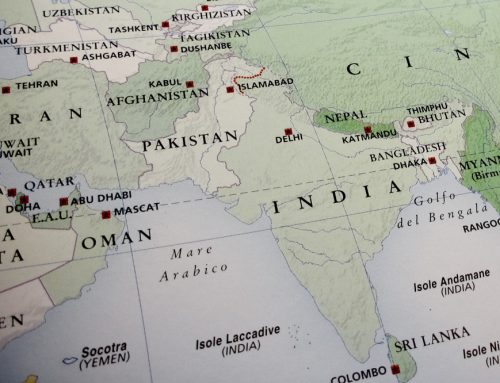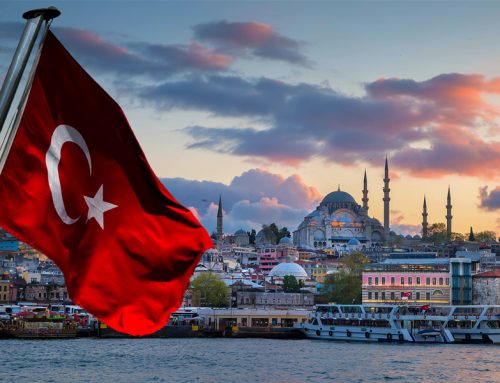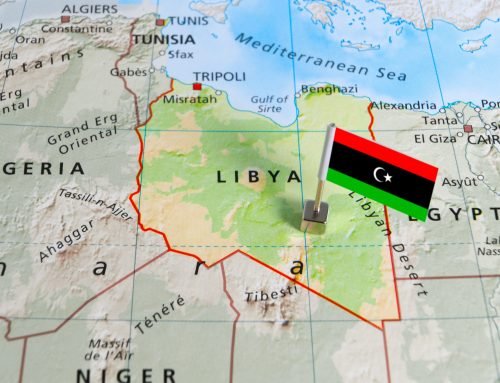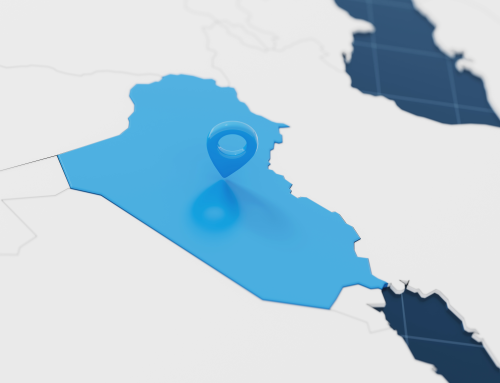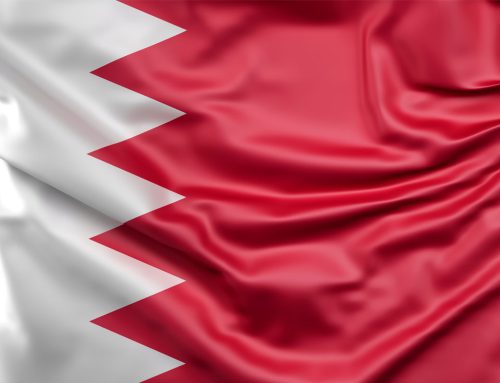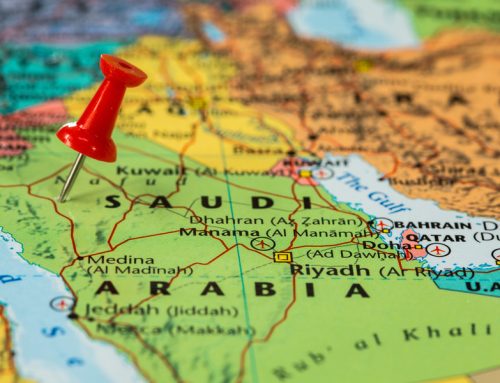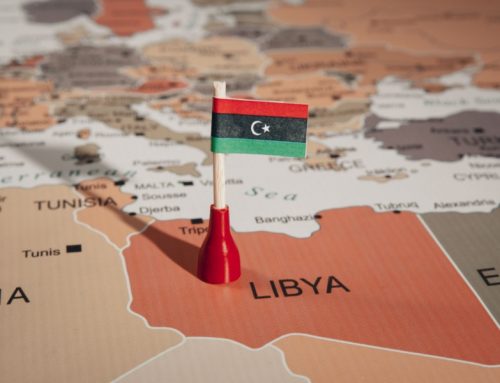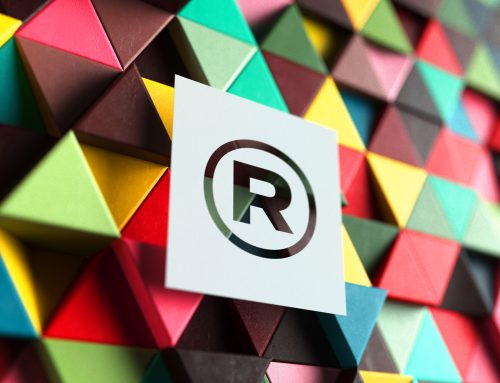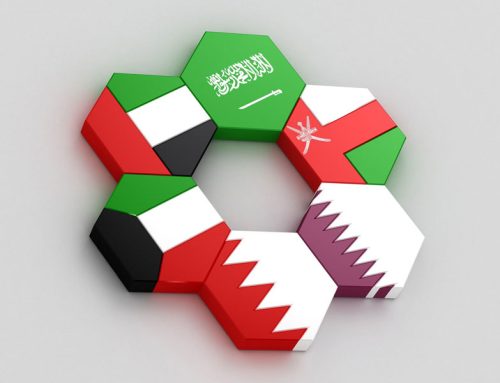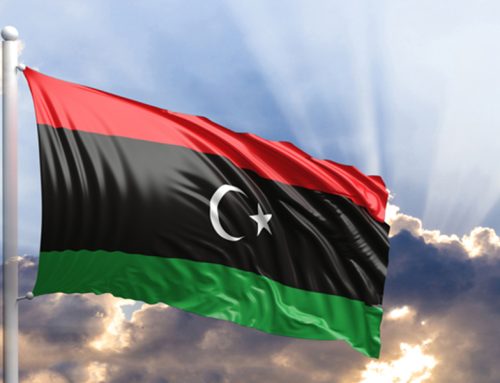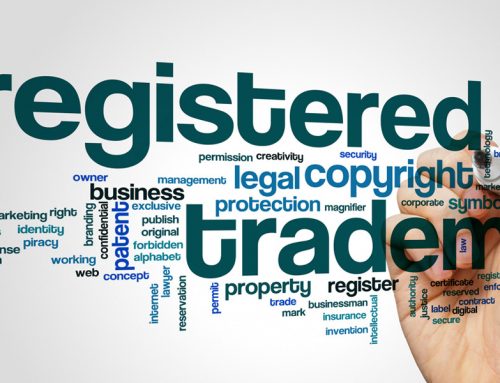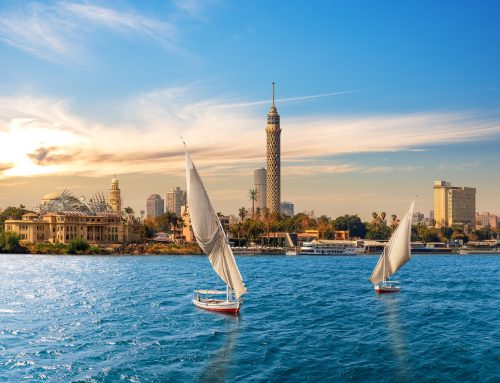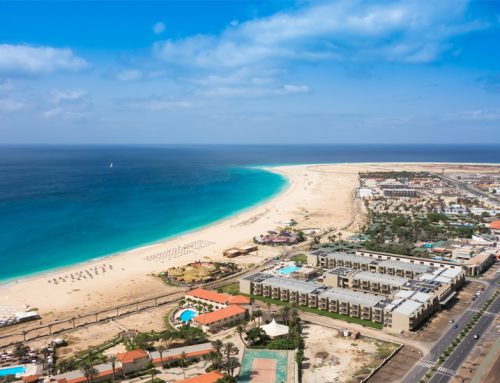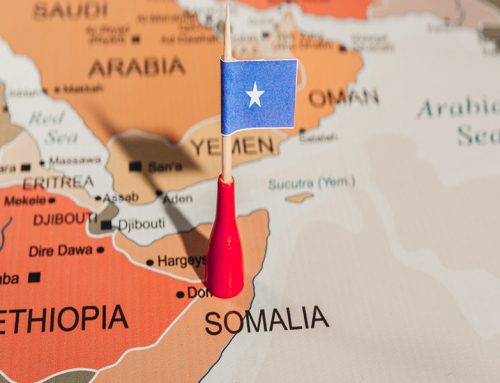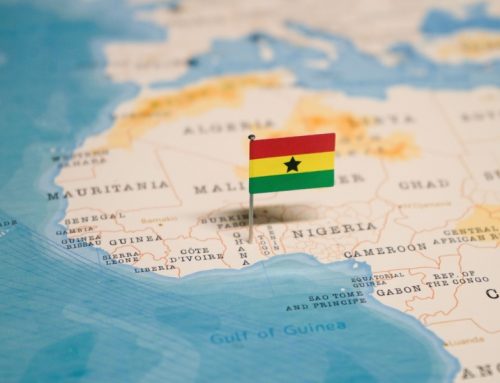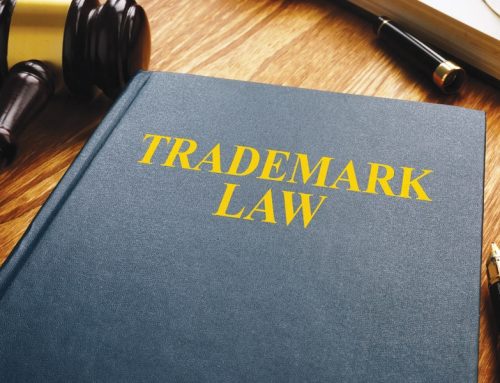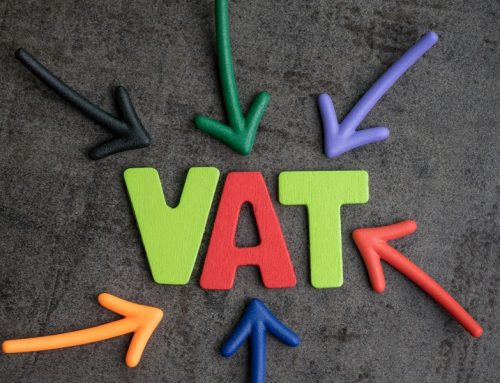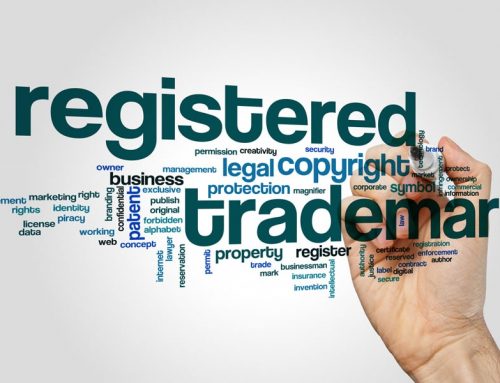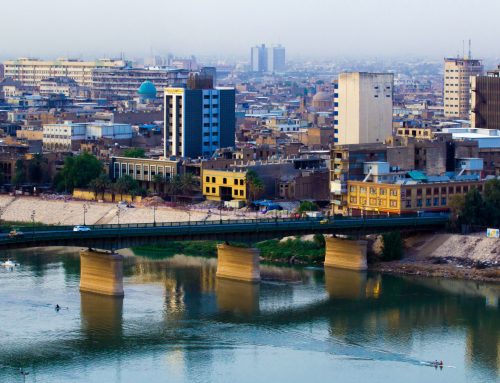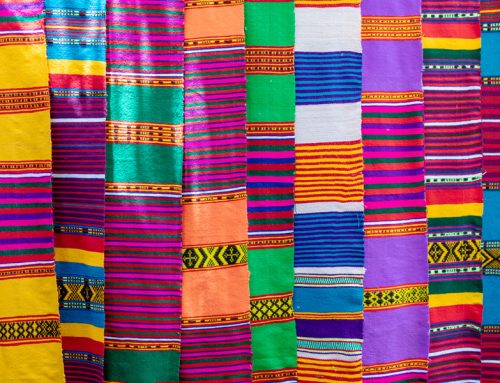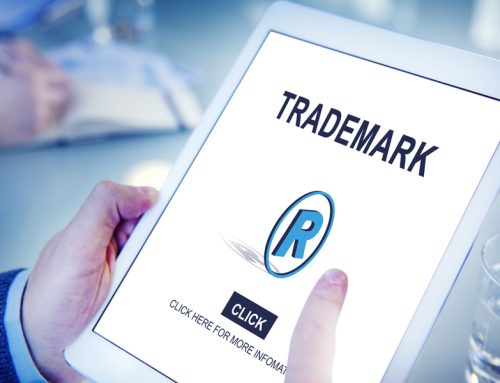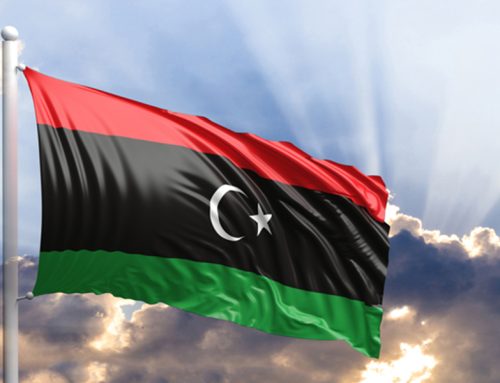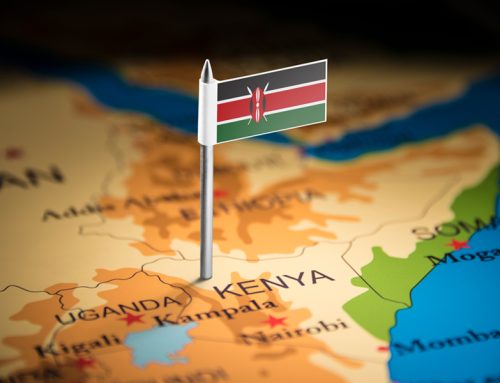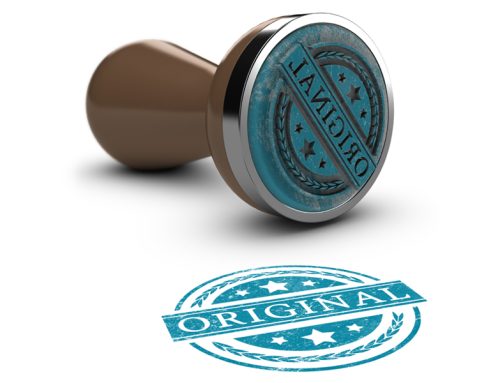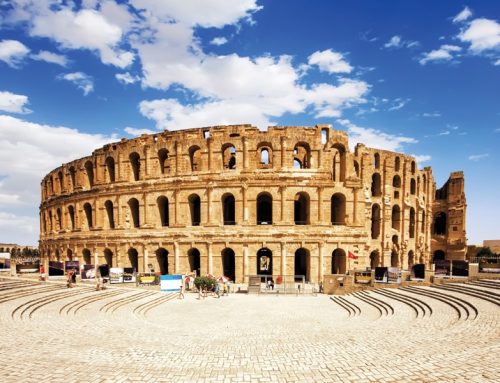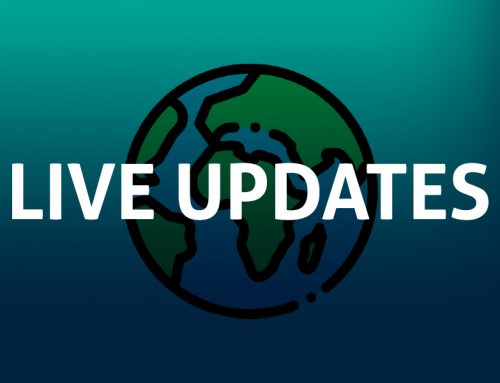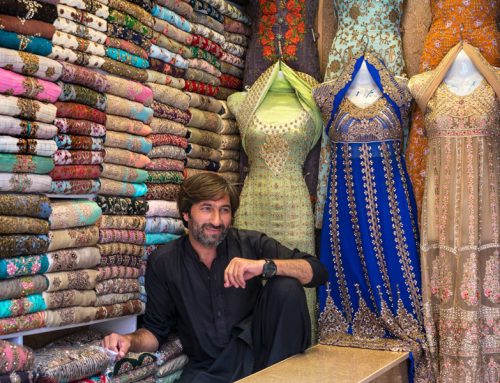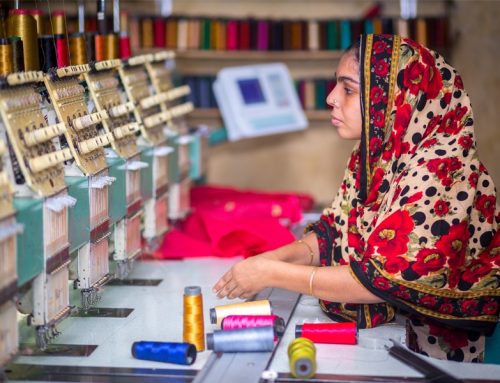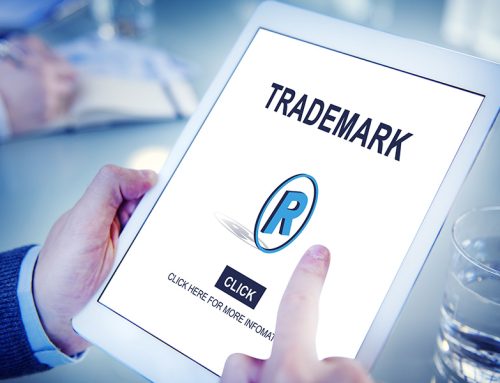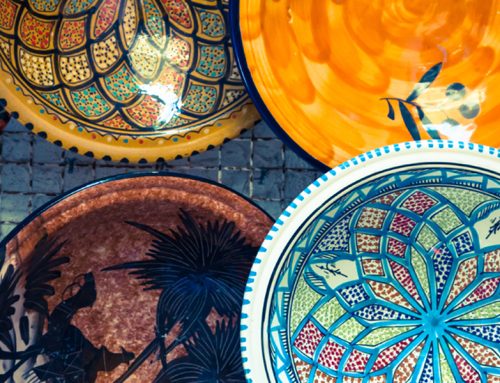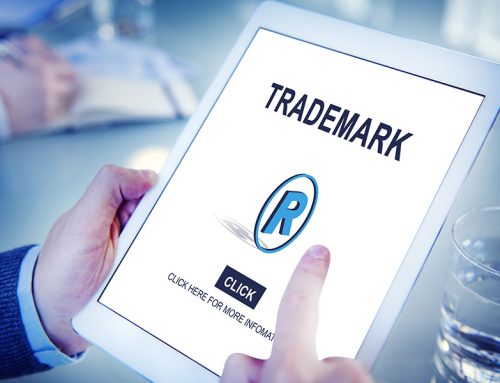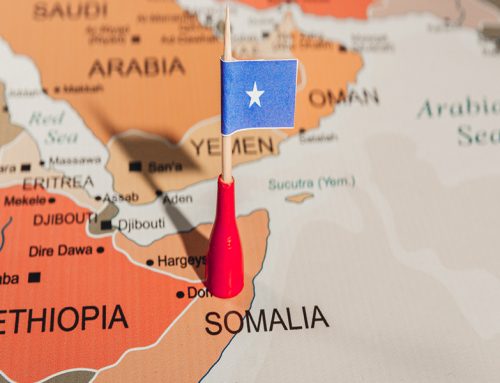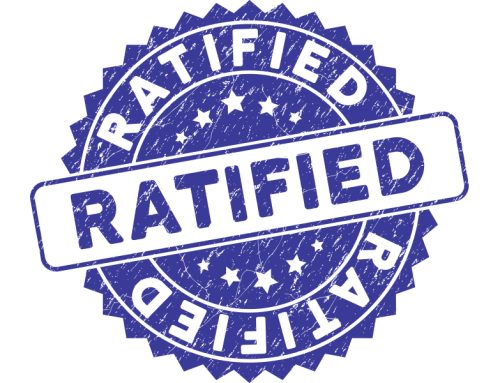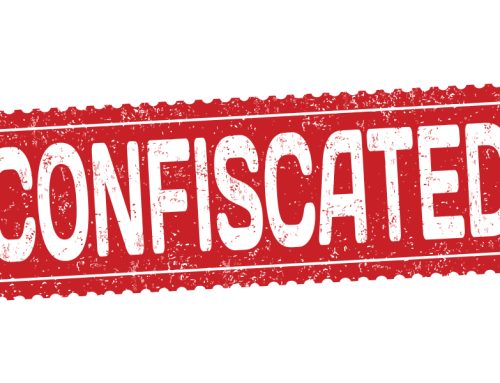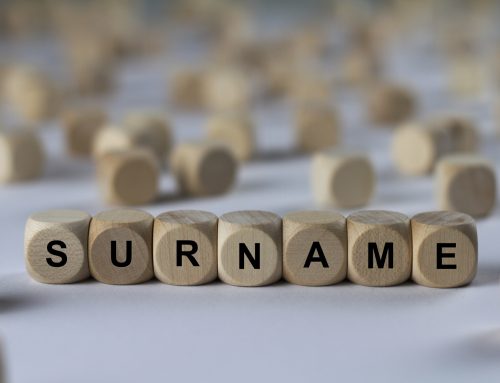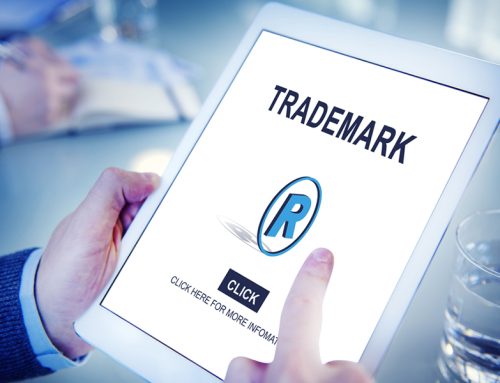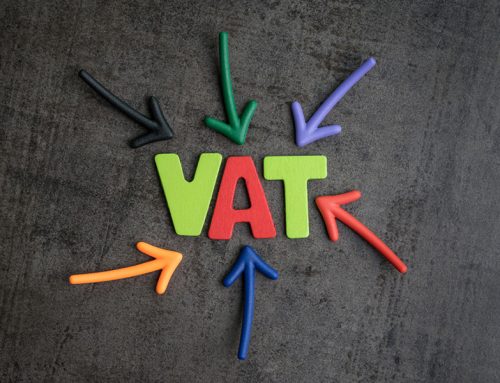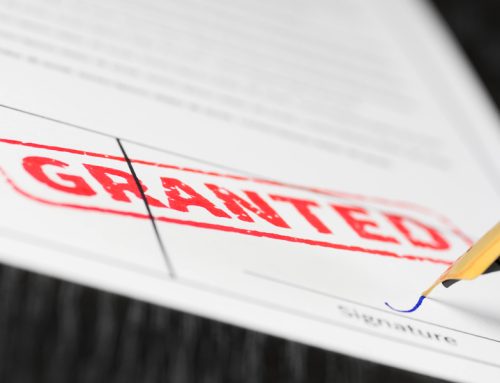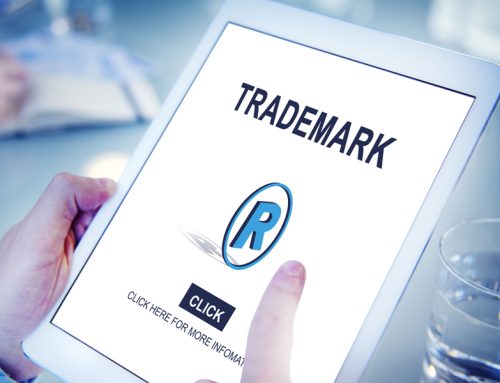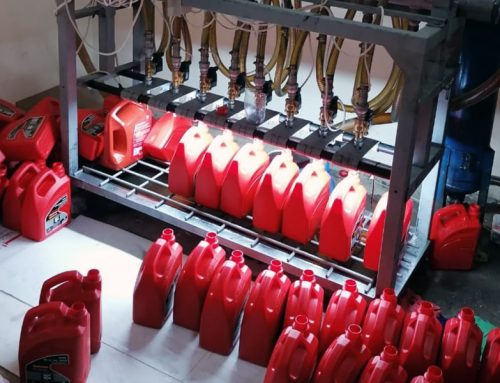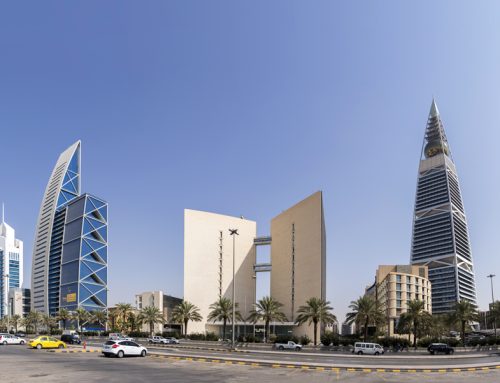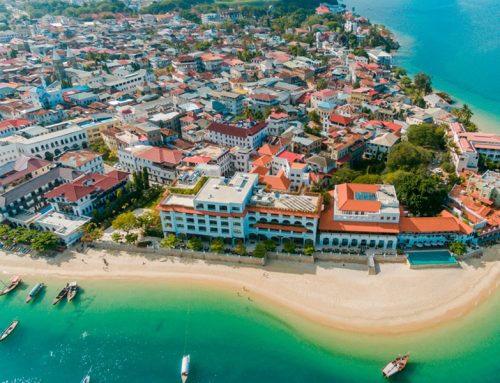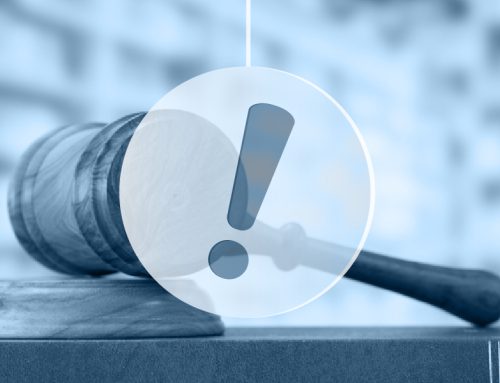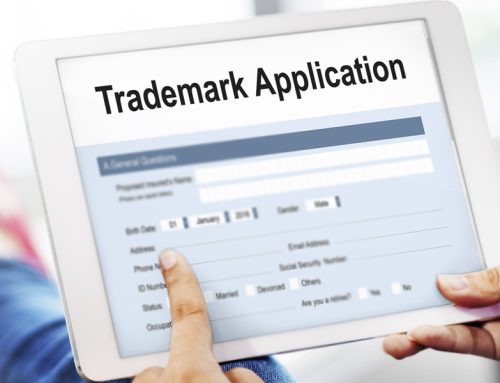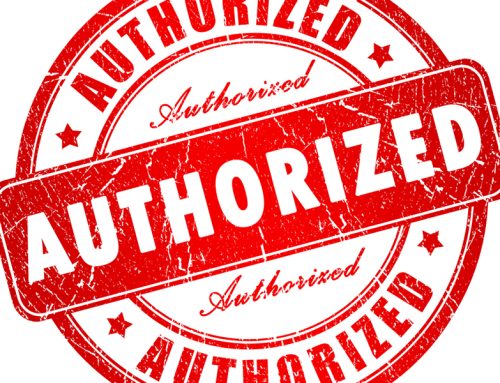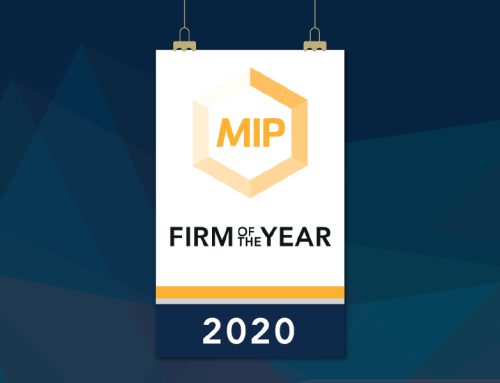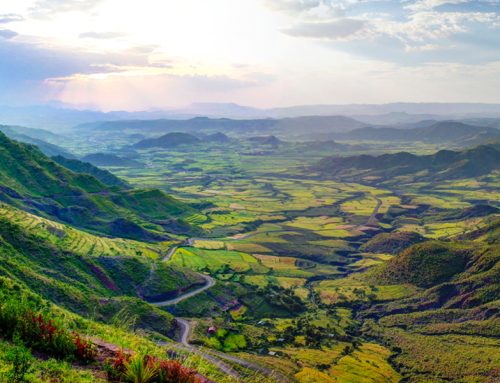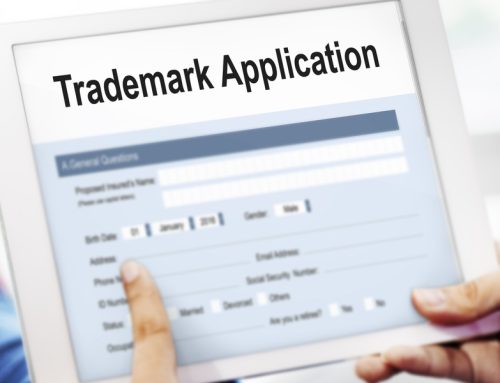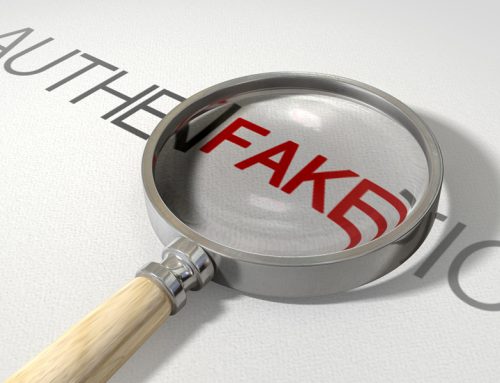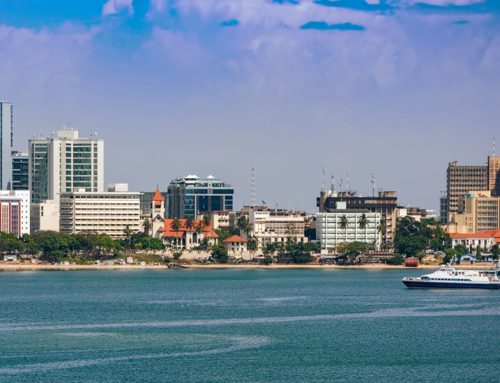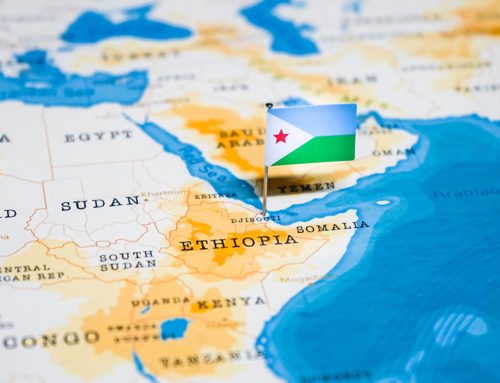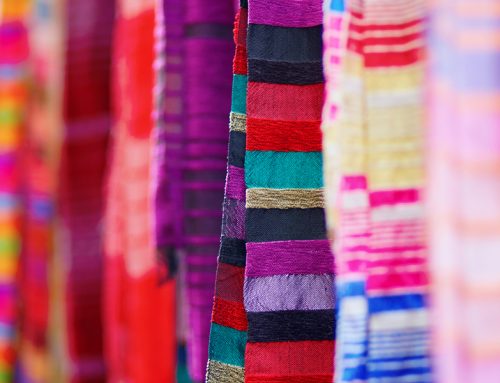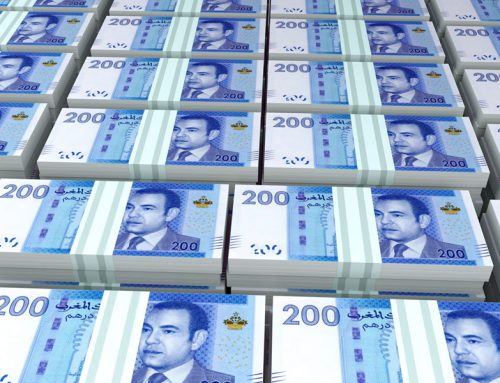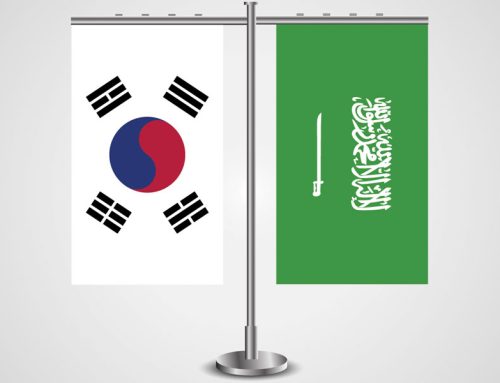| Iran |
Revision of Formalities
The Trademark Office announced that a certified copy of the commercial extract must be submitted in support of a trademark application in the country.
The statutory requirements for filing a trademark application in Iran along with the authentication procedures are as follows:
1- Power of attorney, legalized. A general power may be used for subsequent filings.
2- Extract from the commercial register with local translation, signed and notarized.
3- Copy of priority document, if priority is claimed, certified.
4- 15 prints of the mark for each application.
All the above documents must be submitted at the time of filing, but foreigners are allowed a 60-day period from notification date.
|
| Iraq |
Request for Comments on the Draft Trademark Law
During 2012, the Iraqi authorities sought views of IP experts and lawmakers on the newly drafted Trademarks and Geographical Indications Law in the country. The proposed draft was published among IP professionals and was discussed so that a general opinion including all the relevant details may be formed.
|
| Lebanon |
Tenth Edition Adopted
The Lebanese Trademark Office shifted its trademark classification system from the 9th edition to the 10th edition of the Nice International Classification for Goods and Services, which entered into force on January 1, 2012.
|
| Libya |
One Big Step – A Good Sign for the Future!
For the first time since 1977, the Libyan Trademark Office started issuing trademark certificates of registration. This development is an explicit recognition by the authorities in Libya of the growing importance of trademark protection. This means that the registration certificates of all pending trademark applications (that have been accepted and published) are expected to be issued in the future.
It is also worth noting that another important structural change has taken place in the country following the recent events, which is related to the Libya-Switzerland relations. Switzerland has established formal relations with the Libyan Transitional Government after a 3-year breakdown of the Diplomatic relations. The implication of this is that it will be possible to file new trademark applications for Swiss applicants in Libya once the Libyan Trademark Office is operational. The Office is still not functioning at a standard pace. It is currently only examining pending applications. All new applications and search requests are kept on hold until further notice.
|
| Morocco |
Changes in Regulations
The official fees for trademark related matters were revised in Morocco, effective October 1, 2012. Fees have substantially increased in comparison with their current level. The new schedule of fees is applicable to all new applications as well as applications that have still not matured to registration.
Also the fees for the filing and the renewal of trademark applications will be payable separately for each and every class, and not up to the first 3 classes, as was the practice before.
|
| Oman |
Tenth Edition Adopted
The Omani Trademark Office adopted the 10th edition of the Nice International Classification for Goods and Services which entered into force on January 1, 2012. The goods or services of all valid registrations must be reclassified (if required) at the time of renewal.
|
| Oman |
Arabic Domain Names Soon
Arabic domain names are expected to be launched soon in Oman. No specific date has been set yet and no official notification has been issued in this regard.
|
| Qatar |
Advertising Law is Born!
A new Advertising Law (Law no. 1 of 2012) was issued on March 19, 2012. The Law will only be effective once the implementing regulations are issued.
The salient features of the new law are as follows:
– Arabic shall be the main language used on billboards. Other languages may be used along with Arabic according to rules determined by the relevant municipalities.
– The advertisement shall not violate public morals and shall not cause any insult to any religion.
– The trademarks and trade names mentioned in the advertisement shall not breach the Law or any other official statement.
– The advertisement shall not create any confusion with the traffic sign boards.
– The advertisement shall not be installed in a way that blocks visibility and shall not constitute any obstacle to the vehicle traffic and pedestrian movement. It shall not be installed as well in places of worship, historic or archeological facilities, trees and traffic lights.
– The advertisement shall not be installed in a private property without the written approval of the property owner. It shall not as well harm any public facilities.
– A renewable license shall be given to the owner of the advertisement who should remove it once the validity period is over.
The new Law does not apply to newspaper advertisements. Penalties will be imposed on everyone who violates the provisions of the new Law.
|
| SaudiArabia |
Arab Cybercrime Agreement Approved
The Arab Cybercrime Agreement (no. 126 of 2012) was approved. This agreement mainly addresses the rise in electronic crime which embraces such crimes as credit card frauds, internet crimes, cyber terrorism, creation and/or distribution of viruses, hacking, system interference, illegal access and interception, and so on. It aims as well at encouraging cooperation between Arab countries in combating cybercrimes. The Agreement stipulates also on the importance of enforcing the Copyrights Law. Penalties are imposed on the violators of the Agreement terms and regulations.
|
| SaudiArabia |
Tenth Edition Adopted
The Saudi Trademark Office shifted its trademark classification system from the 9th edition to the 10th edition of the Nice International Classification for Goods and Services, which entered into force on January 1, 2012. This Decision became effective on November 23, 2012 and applies to both new and pending applications.
|
| Sudan |
Simplified Formalities
The Trademark Office dropped the legalization requirement for powers of attorney submitted in support of trademark applications. The only authentication requirement will be a valid attestation by a Notary Public.
Also, applicants will be required to submit a statutory declaration, simply signed, within 2 months from the end of the opposition period. This declaration is used to affirm that the nationality of the applicant has not changed since the date of filing. It is thus similar to an affidavit.
|
| Syria |
Withdrawal from the Madrid Agreement
The Syrian Authorities announced the withdrawal of Syria from the Madrid Agreement for the international registration of marks. Syria will remain a member of the Madrid Protocol (date of accession August 5, 2004).
|
| UAE |
Recordal in Abu Dhabi Soon
Recordal of trademarks is expected to be implemented in the Abu Dhabi Emirate very soon. The filing requirements for the recordal and the recordal period have not been announced yet. Customs recordal in UAE is now available in three Emirates only out of seven: Dubai, Sharjah and Ras Al Khaimah. The recordal in the three Emirates is valid for the trademark’s protection term, renewable for like periods.
|
| West Bank |
A Rise in Official Fees
On August 28, 2012, the Palestinian National Authority revised the official fees schedule in connection with the registration of trademarks.The implementation of the new schedule will begin after its publication in the Official Gazette.
|

